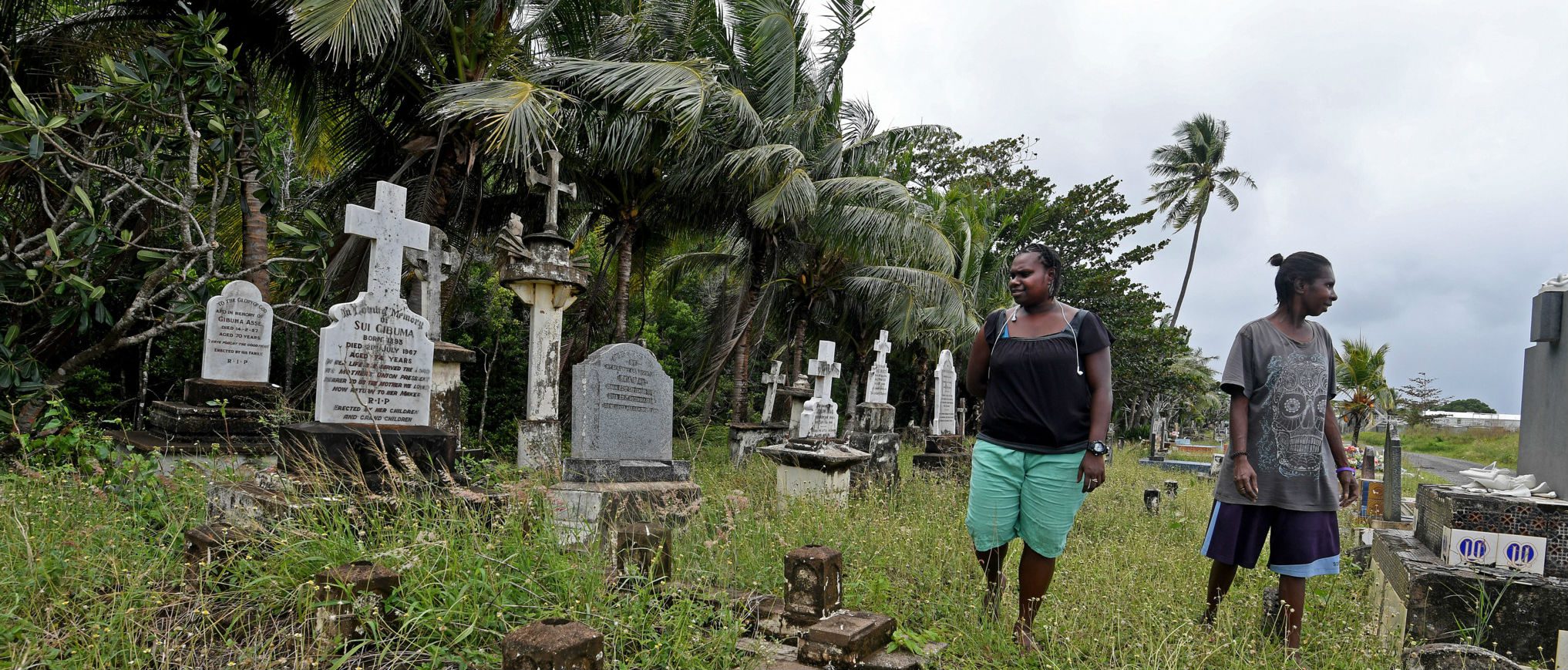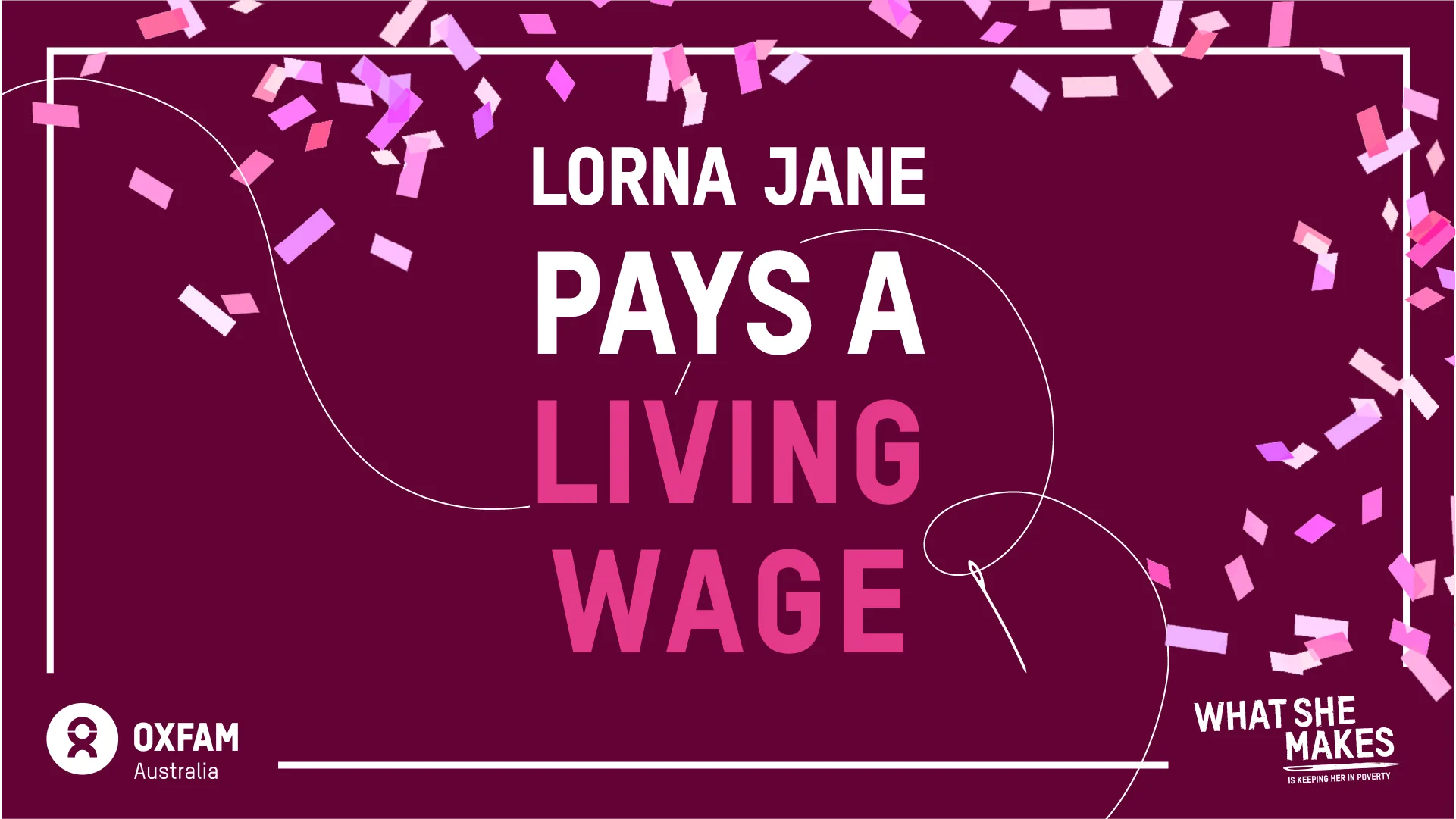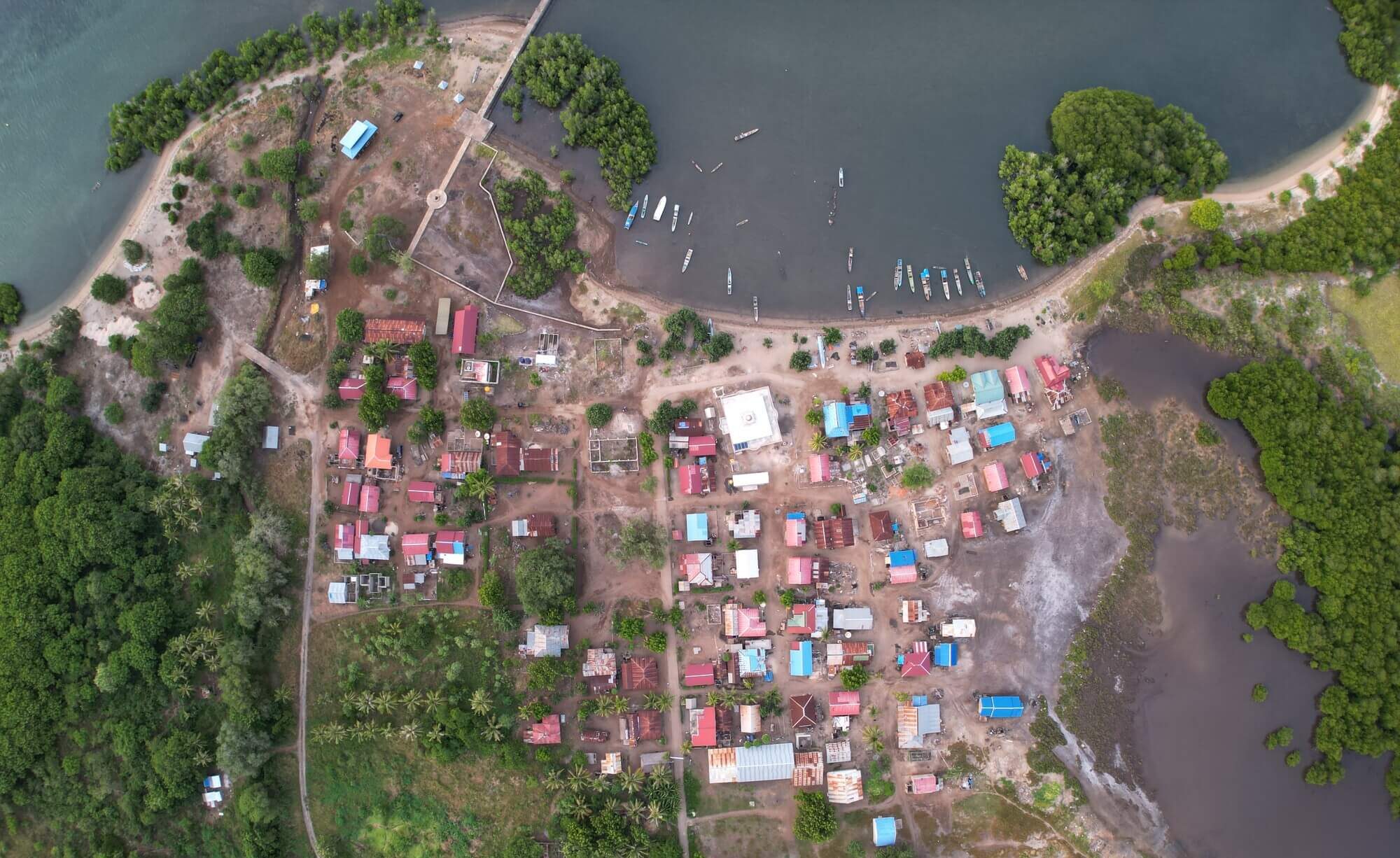The Torres Strait Islands are hidden jewels, all too often forgotten by the rest of Australia.
Lying between the Cape York Peninsular and Papua New Guinea, this archipelago of 274 islands is home to over 4000 Torres Strait Islanders with unique history, languages and culture.
But these islands and communities are facing a looming catastrophe from climate change.
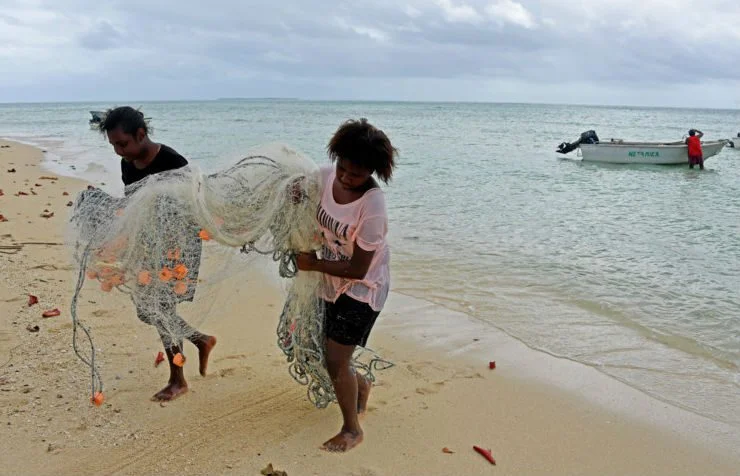
Photo: Brian Cassey/OxfamAUS
Torres Strait Islanders have contributed almost nothing to the causes of climate change, but are being hit first and hardest by its impacts,” – Helen Szoke, former Oxfam Chief Executive.
Oxfam visited the Torres Strait Islands earlier this month to meet with communities and learn firsthand some of the impacts they are experiencing.
On Boigu Island, the most northerly inhabited island in Australia, the community faces ever-greater challenges from coastal erosion and inundation.

Photo: Brian Cassey/OxfamAUS
On Masig Island, a coral cay which lies to the south-east of Boigu, roads are being washed into the sea.
Hearing people talk about the impact of climate change on their culture and their connection to land and sea country was deeply confronting.
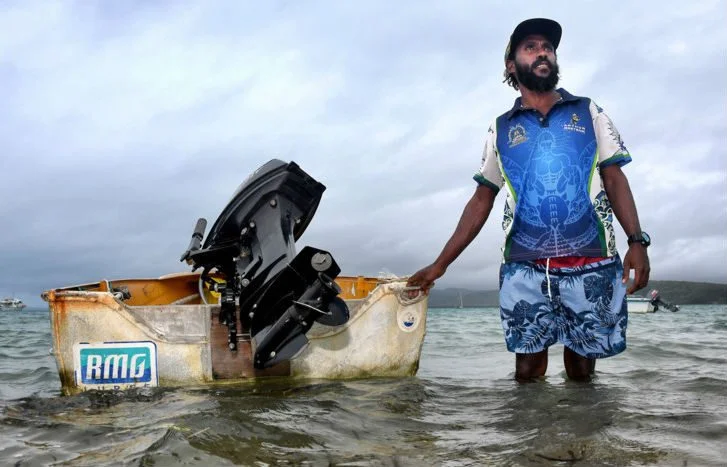
Photo: Brian Cassey/OxfamAUS
The situation in the Torres Strait captures both the grave injustice of climate change and the resilience and courage of frontline communities.
Relocation is, understandably, considered an option of very last resort and communities want to do everything possible to remain on their islands.
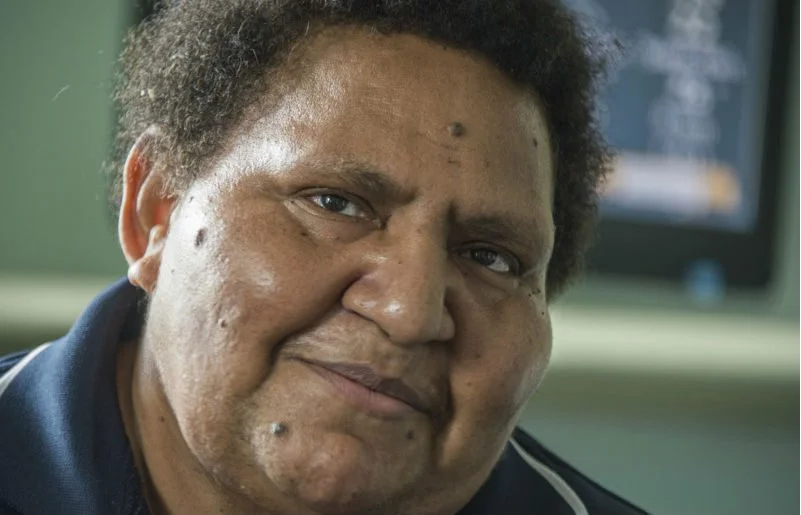
Photo: Brian Cassey/OxfamAUS
“This is our home. No one is willing to leave, to lose their cultural ties, the love ones they have laid to rest here,” Masig (Yorke) Island resident, Hilda Mosby told us.
“We want to try everything we can to keep our community here.”
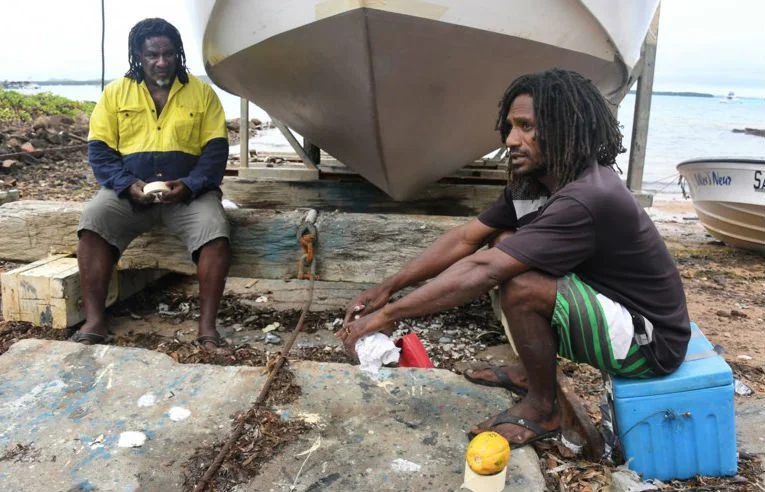
Photo: Brian Cassey/OxfamAUS
The threat to the future of the Torres Strait Islands is all too real and the Australian government must do more.
There could be no more powerful call for stronger action from Australia to end its climate pollution and support communities on the frontline.

Donate to help tackle climate justice
Oxfam is supporting local communities all over the world in preparation for the future shocks of climate change and in response to the impacts already being felt. You can help save lives.
